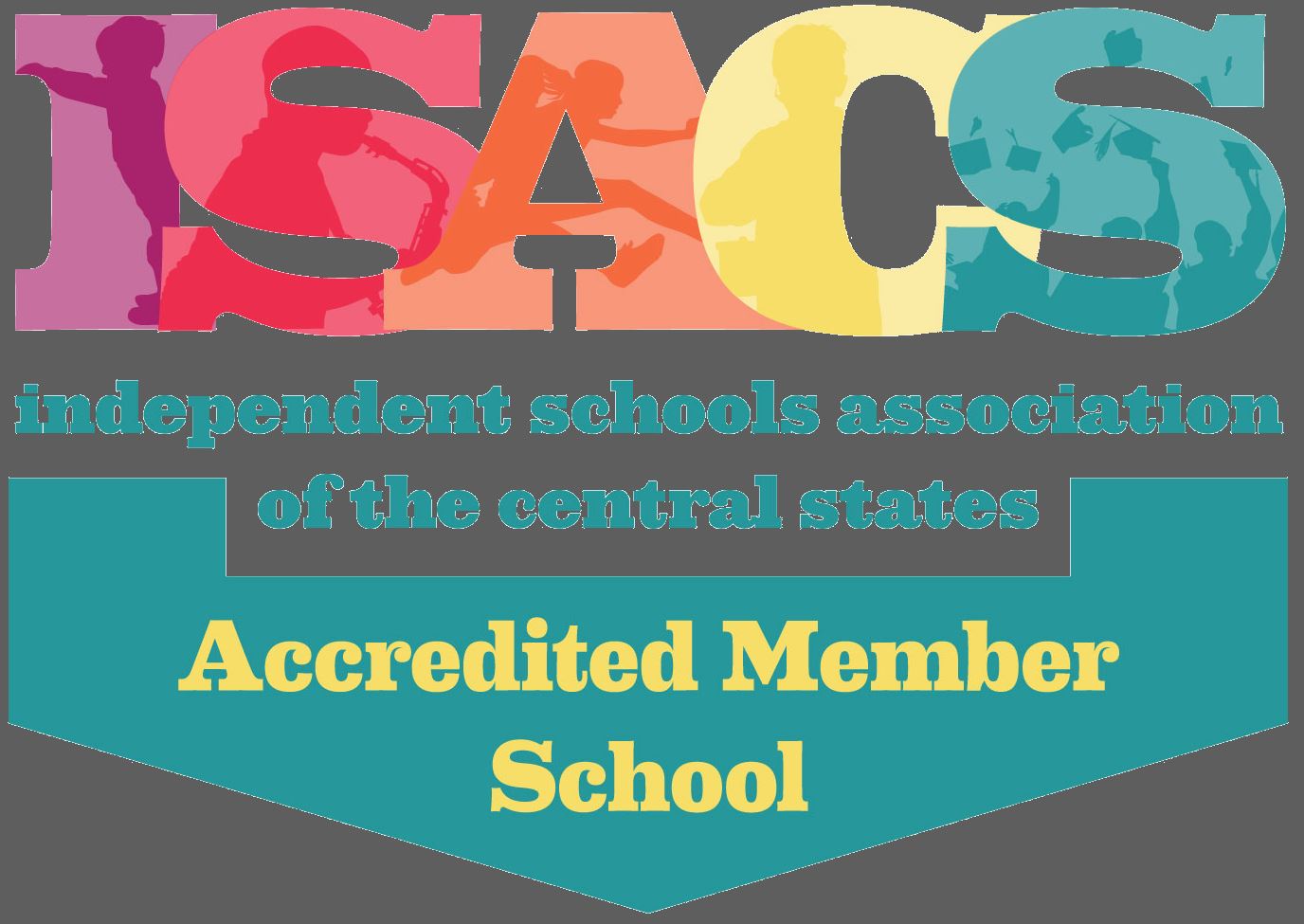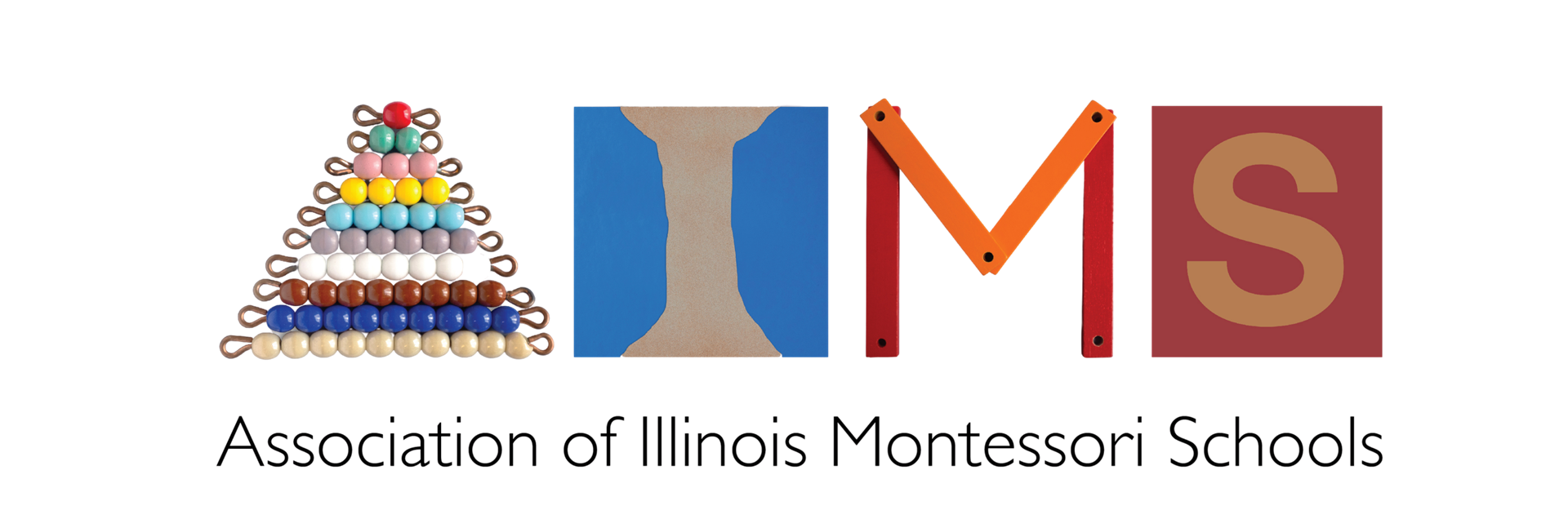Principal's POV: Setting the Stage
Only through her extensive research and observation of children and the multifaceted learning process, did Maria Montessori develop curriculum and practices. This set the stage, for over a century, for Montessori trained teachers to integrate life skills, like problem solving and experience-based learning, into the classroom every day.
Mindfulness is one such concept that has taken hold in our society, as the benefits of mindfulness have become part of our culture, boosted by not only research, but through the expansion of practical applications from the field of healthcare. Mindfulness may be a newer trend, however, the concept of mindfulness is not new to an AMS certified Montessori program.
At RPMS, from the age of 2, we value the practice of mindfulness to enhance not only academic learning, but also physical and social-emotional growth. A number of works, practices, and activities in our Montessori curriculum are drawn on to support the student through mindfulness. Some activities are used directly to create a space of focused awareness, while others are indirectly created through Montessori moments.
As students explore the Montessori classroom environment, the materials are created to stimulate their senses. The Montessori materials innately allow a student to release a sense of urgency and explore the materials, shape, texture, weight, and size. As students explore the beautifully displayed materials on the shelves, they are encouraged to move and work at their pace to gather observations naturally.
"In addition to sensorial learning, another aspect of the Montessori philosophy that creates mindfulness is in observational learning," explains Michael McKiernan, Head Elementary teacher in the 6-9 classroom. "This is a way that students can become plugged into the present moment." Observational learning, simply put, is that younger students in a multi-age setting also learn by observing the activities of older peers and even by "eavesdropping" on advanced lessons given by the teacher to another child. Montessori teachers are careful to present lessons to older children in a manner that allows interested younger children to watch, listen, and learn.
We’re grateful for the opportunity to help young children tune in to themselves and to understand how simple practices can impact the classroom environment.





